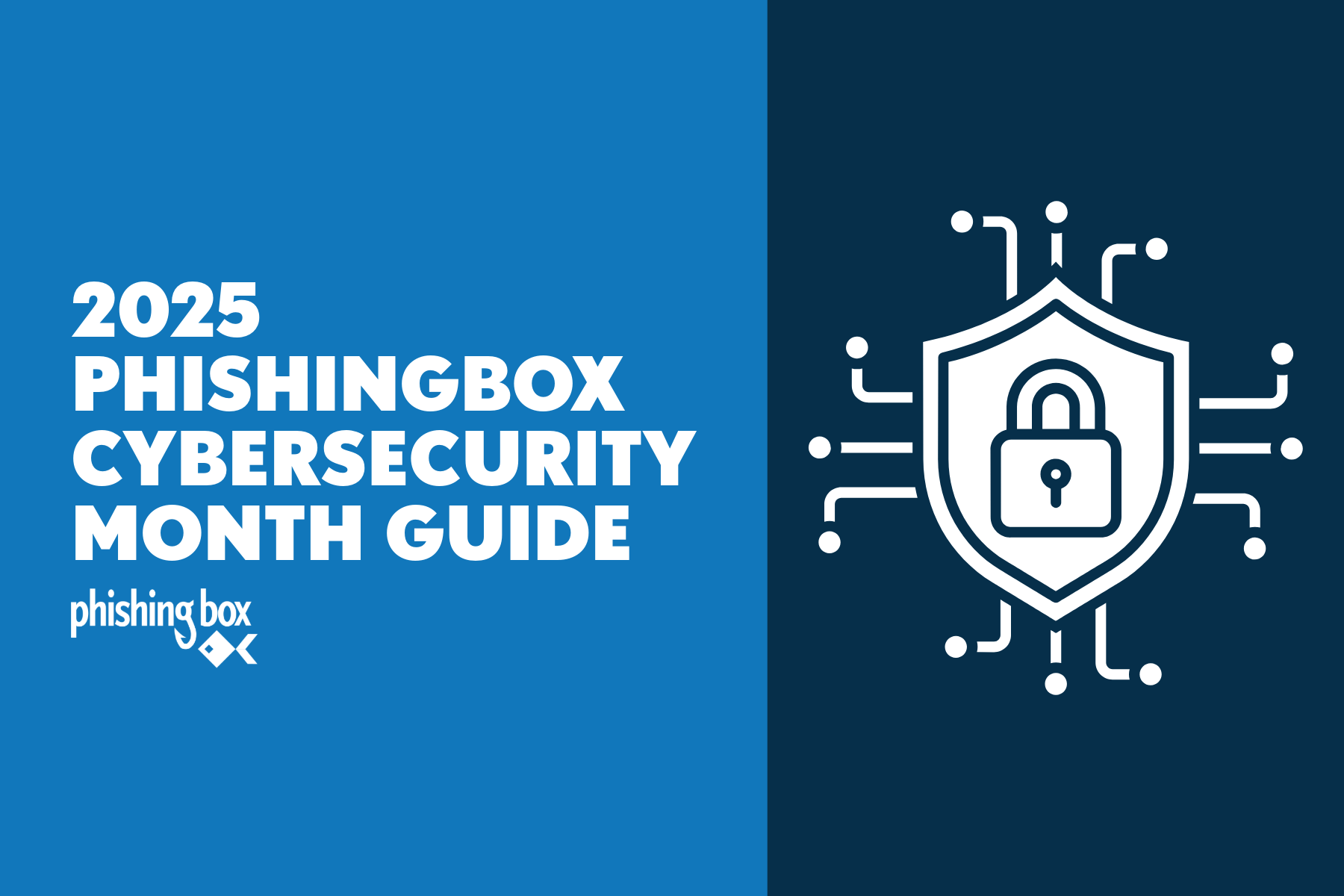The prevalence of online scams and phishing attacks continues to soar. Impersonation phishing attacks stand out as a pervasive and evolving threat often mimicking subscription accounts or services. Hackers adeptly disguise themselves as reputable brands or companies familiar to their targets, luring unsuspecting individuals into divulging sensitive information or falling prey to their sophisticated schemes.
One of the most prevalent strategies used by criminals today is impersonating renowned brands or services. They leverage the trust and recognition associated with these entities to trick users into believing the communication or website they encounter and interact with is legitimate. However, beneath this facade lies a trap.
For example: let’s say you receive an email that looks like it’s from a well-known company, maybe even a company you conduct business with, urging you to update account details due to a security breach.
The email has the company's logo and feels real because it uses the same email template formatting you’ve seen before in prior communications. So you proceed and take the action you were prompted to.
What seems like a routine request to verify information to keep you safe from a “security breach” actually just sealed your fate as a victim in the scheme by divulging your actual authentication credentials for the criminal to use on the real platform.
Some of these schemes even employ callback phishing, adding a new layer of sophistication to attacks. This technique involves fraudsters leaving a number for you to call a faux support team back. The number is a part of the scam, leading targets to divulge crucial information unknowingly by positioning it as a typical call system with prompts and opportunities to speak and confirm information. Many of these callback phishing schemes are even now powered by AI systems.
Google Forms or other data-capturing platforms are used to dupe people as well.
Criminals design these forms to mimic legitimate surveys or subscription pages, tricking users into providing their data willingly.
To shield yourself against these threats, it's crucial to adopt a vigilant approach:
Scrutinize communications: Always verify the authenticity of emails, messages, or calls from purported companies. Check for subtle discrepancies, like misspellings or slight alterations in the URL.
Avoid sharing sensitive data: Refrain from disclosing personal or financial information through unfamiliar links or forms. Legitimate companies typically don't request sensitive details via unsolicited communication outside of their platform.
Go direct for subscriptions and payments: When subscribing to services or making recurring payments, navigate directly to the company's official website or app through a trusted link instead of clicking on provided URLs.
Educate yourself and others: Stay updated on the latest phishing tactics and spread awareness among friends, family, and colleagues to prevent falling victim to these scams.
Remember, vigilance is our greatest defense against cyber threats. By staying informed and cautious, we can safeguard information and mitigate attempts aiming to exploit us.
Stay vigilant, stay safe.


